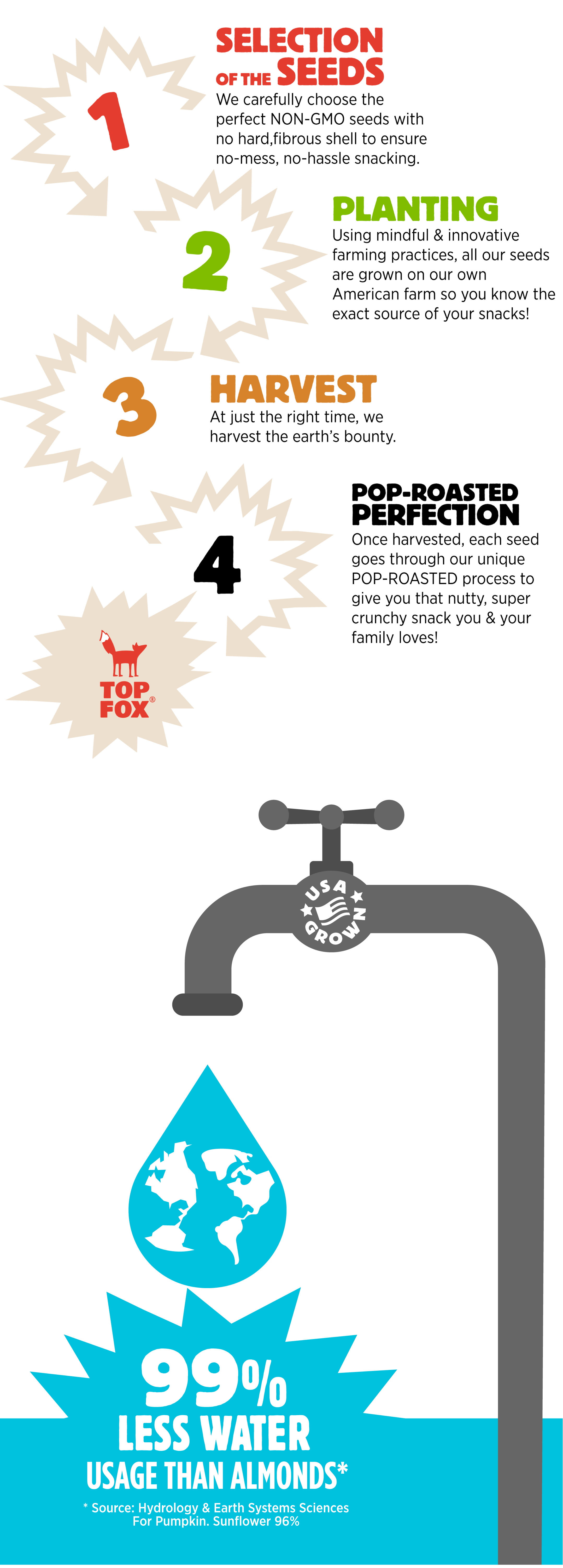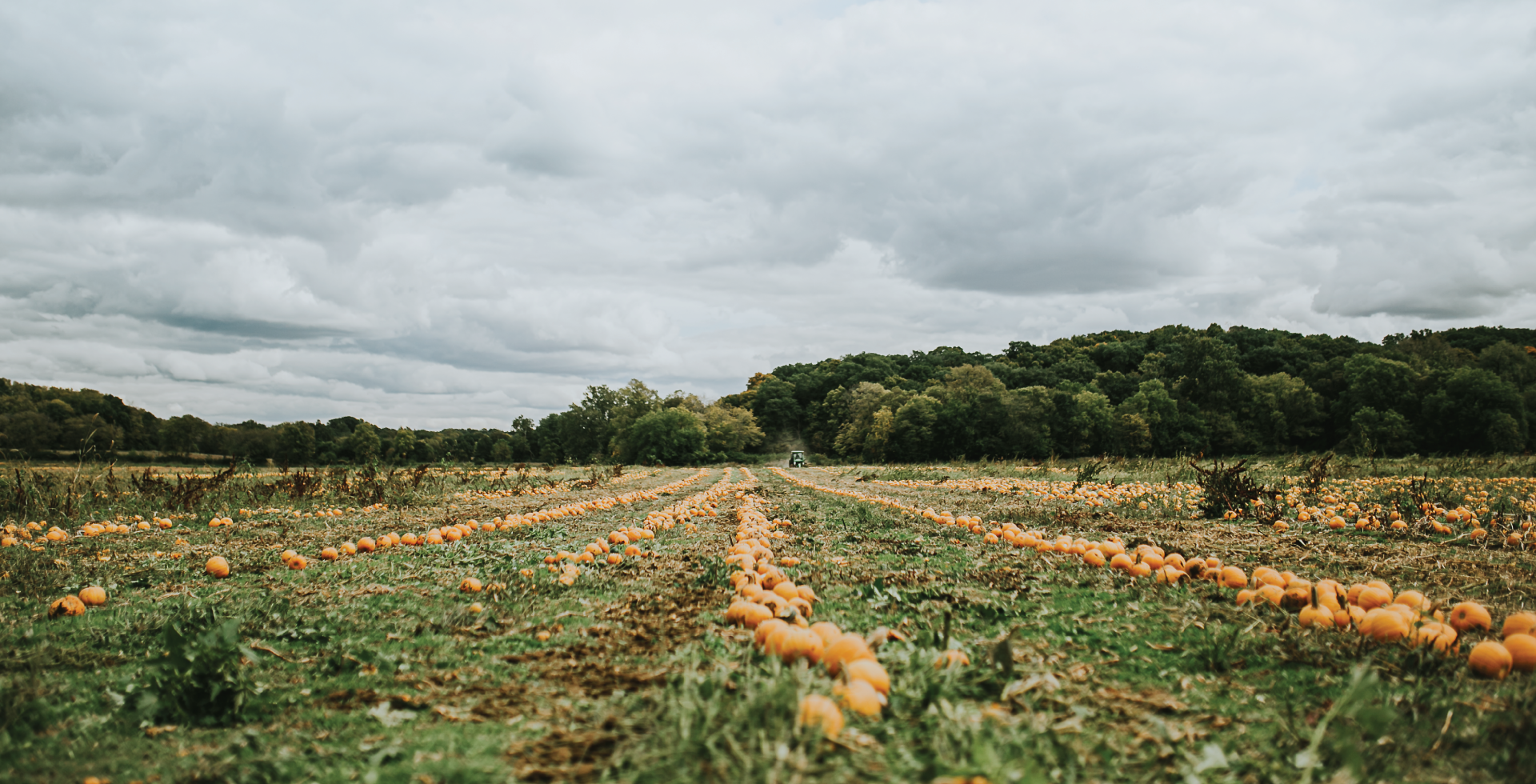OUR FARM TO YOUR FAMILY

FARMING PRACTICES YOU CAN TRUST
We take responsibility to steward our land seriously by using sustainable farming practices that include:ORGANIC INPUTS – We use only 100% USDA organic inputs (such as seed, fertilizer and mechanical cultivation) to ensure we don’t harm soil health or biodiversity.
SOIL HEALTH – Healthy soil requires vigorous micro-organism activity, which we encourage through organic inputs, cover crops, organic fertilizers and proper residue management.
CROP SELECTION & ROTATION – We select cover and main crops to match the environment and soil type and rotate crops to minimize disease and maximize yields.
SOIL & WATER CONSERVATION – We use farming practices that minimize soil erosion and preserve water quality by using no chemicals or pesticides.
NATIVE POLLINATORS – We don’t use pesticides or chemicals so natural native pollinators like honeybees, squash bugs and bumble bees can thrive.
WATER USAGE – We focus on crops that use minimal water and don’t require irrigation.
CROP UTILIZATION & WASTE MINIMIZATION – We minimize waste by using all the harvested crop in one way or another.
REGENERATIVE OUTCOMES
We use regenerative farming practices, a holistic approach to farming designed to go beyond sustainability to create healing environmental outcomes.Healthy and resilient soil as a link to the total health of our food system.
Carbon sequestering by plants and organic matter to withdraw carbon from our atmosphere.
Increased organic matter as a means to actually build topsoil.
Improved biodiversity for crop resilience to pests and disease.
Efficient water usage to protect and restore clean water.




